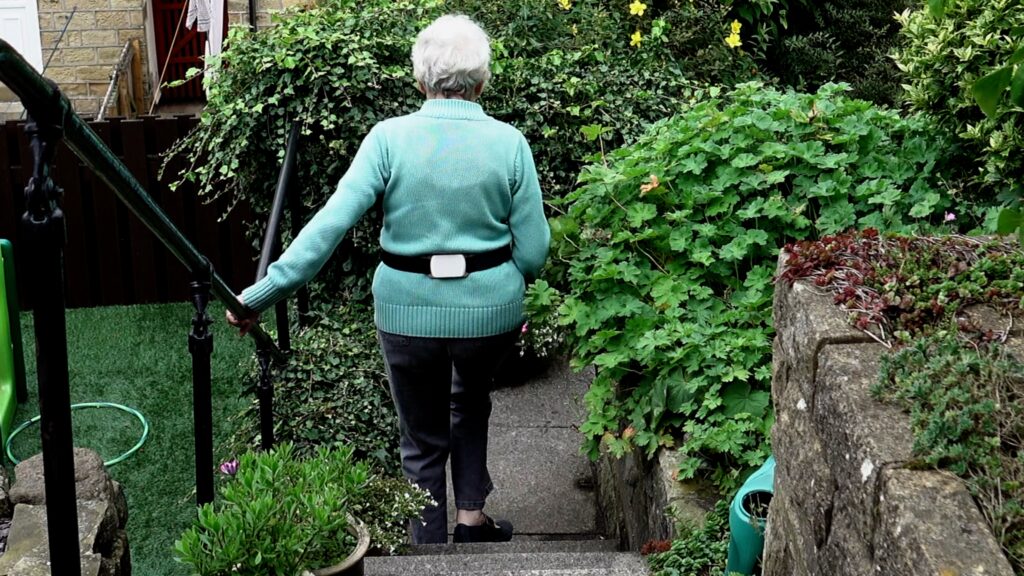Mobility serves as a fundamental indicator of overall health, reflecting the body’s functional integrity. Even small changes in how we walk, such as how fast or how far, offer invaluable insights into underlying health conditions. Mobility is recognized as a sixth vital sign, alongside traditional metrics such as body temperature and blood pressure. Vital signs provide critical information to assess and predict your health and provides proactive means to keep you as safe and healthy as possible.
Highlighting the recent CNN article’s emphasis on gait as a vital sign, it illustrates the significance of integrating gait assessment into healthcare protocols. Through expert insights, the article outlines how gait assessment can pinpoint a spectrum of health issues. From identifying motor delays in children to predicting risks of dementia and premature mortality in adults, gait assessment emerges as a pivotal tool for holistic healthcare. Moreover, within the realm of sports and fitness, gait assessment serves to avert injuries, rectify mechanical discrepancies, and enhance athletic performance. Supported by technological advancements such as artificial intelligence, the precision of gait assessments has improved tremendously, offering nuanced understandings of patients’ health trajectories and recovery journeys.
The CNN article concludes with a call for widespread gait assessment, highlighted by Dr. Heiderscheit and Stephanie Wakeman. Dr. Heiderscheit advocates, “I would also love it if gait analysis was part of the recovery program for anybody who has knee, ankle or hip surgery.” He anticipates its mainstream integration, stating, “We’ll see it become more mainstream because the technology is rapidly advancing.” Wakeman emphasizes the significance of mobility, asserting, “Mobility is sort of the fountain of youth. If we want to maintain a healthy, good quality of life, we have to be very concerned with our mobility.” Both experts underscore the necessity for healthcare professionals to prioritize gait assessment in patient care to optimize mobility and overall health.

Foreseeing this increased focus on gait assessment not only in clinical contexts but in daily life as well, the Mobilise-D consortium is developing digital technology to monitor and assess mobility in daily life, thereby providing an important impetus to transforming clinical research and personalised health care. You can read more about our work in Mobilise-D on our website and in this recent article that provides an overview of the Mobilise-D approach.






